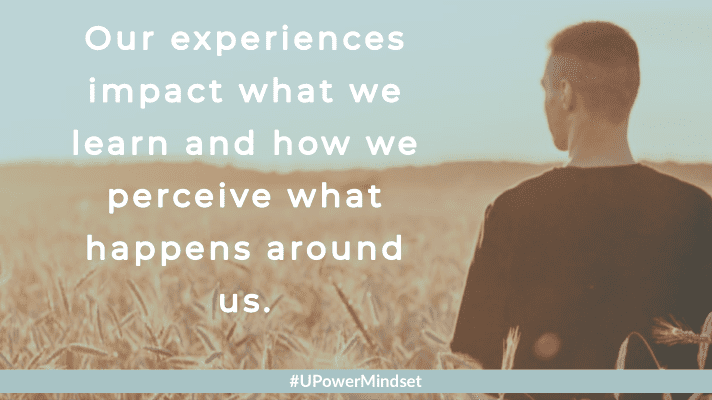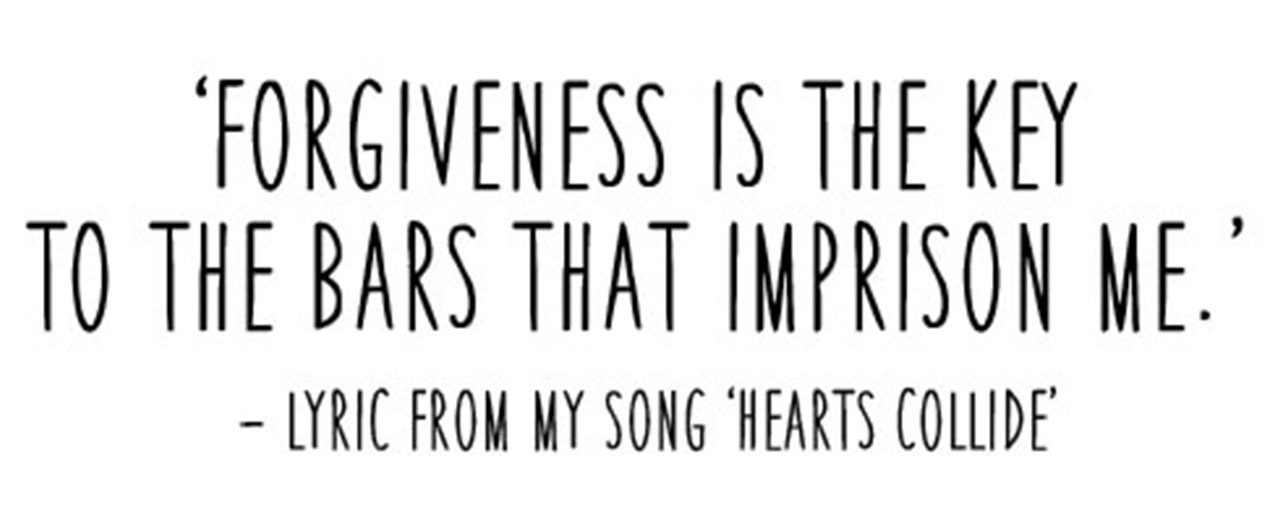
Does Common Sense Exist?
“Common sense is sound practical judgment concerning everyday matters, or a basic ability to perceive, understand, and judge that is shared by nearly all people.”
Let’s dive into the definition…
Is sense really common?
The above definition implies that the average person should just know how to act in specific situations, but the problem with that is we are all different. You and I weren’t raised the same, didn’t learn the same things, didn’t have the same experiences, don’t live by the same rules—so what may seem to be common sense to me could be new information for you and vice versa. Wait, what?!
Here’s my theory… If sense were common, then we wouldn’t see road rage, violence, greed, and poor manners. No one would fall out, breakup, or argue over how to parent or teach children. We’d all agree on the fundamentals in life.
But we don’t.
Different experiences = Different sense.
Through my work, I’ve learned that sense and awareness is not common for people. Our experiences impact what we learn and how we perceive what happens around us and because we all experience different circumstances, we learn different lessons. There’s nothing common about it.
For example, my parents raised me to believe that mistakes are opportunities—an essential part of learning and growth. This is now common sense to me, but when I present this idea to a child who was raised to believe mistakes should be avoided, it’s new for them. They’ve learned the opposite.
When our version of sense differs, whose opinion is common?
None.

Does this sound familiar? Someone acts in a way that surprises you and your instant reaction is: ‘Well, it’s common sense, right?’
But what if it’s not?
I remember one day we had guests over. After greeting them at the door, I expected they would take off their shoes. Instead, they walked around inside with their shoes on.
And here’s where sense isn’t common. At my house, we remove our shoes at the door, at their house that isn’t the expectation.
What if it’s not about common sense but rather expectation?
When your expectations aren’t communicated, others won’t know what you want. How would my guests know to remove their shoes if they normally don’t at their house? In this case, I should have politely asked them to leave their shoes at the door They would then know my expectations instead of me relying on common sense.
It’s too easy to jump to the assumption that someone should know better because it’s common sense.
The more helpful reaction is to identify what your expectation is and clearly and politely communicate it to the other person.It’s simple, really! By being clear about expectations you can save yourself and others from unnecessary disappointment.
Until next time…


